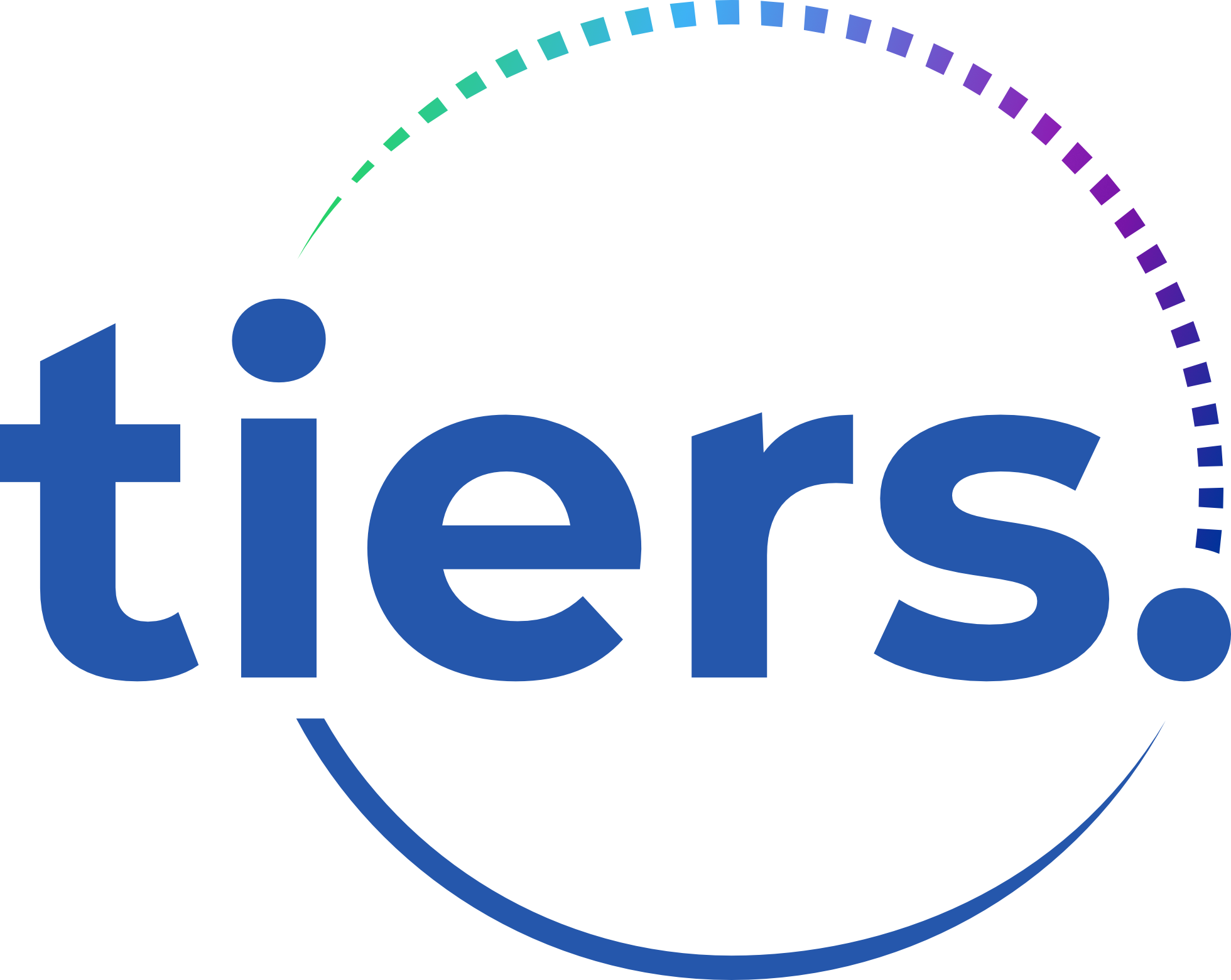What Are Remittances?
Remittances are funds sent by migrants working abroad back to their families in their home countries. For millions of Africans, these transfers are a crucial source of income—helping to pay for education, healthcare, housing, and even small business investments.
In 2023, remittances to Africa reached $100 billion, surpassing many countries’ foreign direct investment (FDI) and development aid. Nigeria, Ghana, Kenya, and Senegal are among the top recipients, with Nigeria alone receiving over $20 billion annually.
Why Remittances Matter in Africa
For many African economies, remittances make up a significant portion of national GDP. In countries like Lesotho, The Gambia, and Comoros, remittances represent more than 20% of GDP.
These funds are:
- Stable: Unlike foreign aid or loans, remittances tend to remain steady even in crises.
- Empowering: They boost household incomes and reduce poverty.
- Growth Drivers: Many small businesses are funded through family remittances.
- Education Enablers: Children from remittance-receiving families are more likely to attend school.
But despite the value they bring, remittance fees are still too high—especially in Africa.
The Problem: High Cost of Sending Money to Africa
Africa remains the most expensive region in the world to send money to.
According to the World Bank’s 2024 data:
- Sending $200 to sub-Saharan Africa costs an average of 7.9%.
- That’s far above the global average of 6.2%—and the UN Sustainable Development Goal of reducing the cost to 3%.
Traditional remittance services and banks often charge hidden fees, offer poor exchange rates, or take several days for transfers to arrive.
This is where technology steps in.
The Solution: Fintech Apps Like Tiers Are Making a Difference
A new wave of African fintech apps is reshaping the remittance experience—making it cheaper, faster, and more secure.
One standout app is Tiers, a neobank launched in Kenya with a mission to rethink how money moves across borders.
What Is Tiers?
Tiers is a mobile financial app designed for the African market. It allows users to:
- Send and receive money instantly, within and across African borders.
- Transact in dollar and local currencies, providing flexibility for both senders and recipients.
- Avoid hidden fees with transparent and low-cost transfers.
- Benefit from secure onboarding and PIN-protected transactions.
With a user-first experience, Tiers helps everyday Africans—from freelancers to families—get more out of every shilling, naira, or cedi sent their way.
Real Impact on Real Lives
For diaspora communities working in Europe, the U.S., or the Gulf, using apps like Tiers means:
- Lower fees = more money reaches loved ones.
- Instant transfers = no more waiting in line at agents.
- Better security = reduced risk of fraud or sending to the wrong number.
In rural areas where banks are far away, digital wallets are now the main way to receive funds, making mobile money apps essential.
The Future of Remittances in Africa
With fintech innovations, remittance costs are dropping, and access is improving. Governments and financial institutions must:
- Reduce regulatory barriers for digital transfers
- Expand mobile money penetration in rural areas
- Encourage competition to lower fees
As more Africans move abroad for work, remittances will continue to play a vital role in the continent’s economy. By leveraging technology, we can ensure these funds reach families faster, cheaper, and more securely.
Want to experience the future of remittances?
Download the Tiers app and start sending money the smart way—secure, instant, and low-cost.
Get informed on how to do more with your money.





